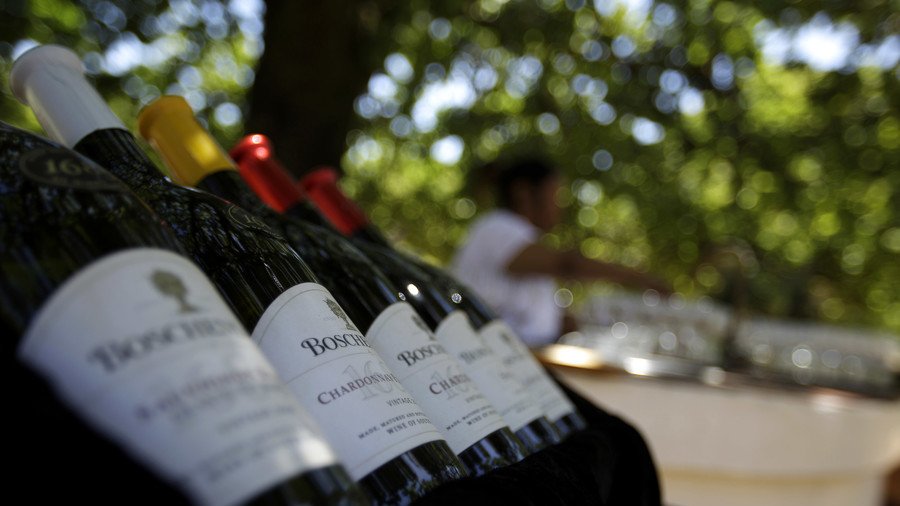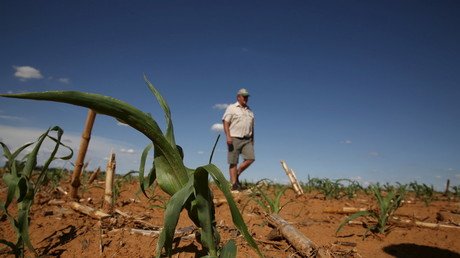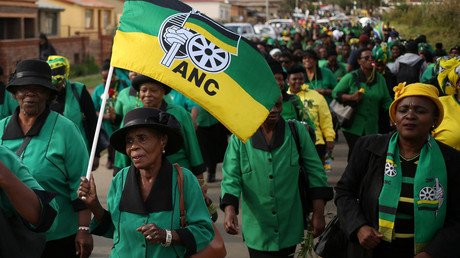South African winemaker warns land seizures could be ‘disastrous’ for industry & economy

Land expropriation in South Africa is touching almost all spheres of business in the country, and wine making is no exception. RT has talked to a South African wine producer concerned about the land seizures.
At the moment, South African wineries are not a subject to land redistribution, where a white minority reportedly still owns almost three quarters of the land - almost a quarter century after the end of apartheid.
“There is no historic ‘land ownership’ that was taken away in the winelands area. But if the constitution is amended, it might as well happen. It can go both ways. For now we believe in the law as is, and continue investing,” Josef Dreyer, winemaker at RAKA wines told RT.
However, there is uncertainty looming over the vineyards, and it hardly adds to confidence in this business, said Dreyer. If land expropriation hits winemakers, the effect would be ‘disastrous’ for the industry, he warns.
“I think it will result in a drop in production, and negatively impact the export of our valued product. We might end up where the government own all land and we must rent it from them… Remember: the possible beneficiaries are unschooled, uneducated, how must they run a business,” Dreyer said.
According to Dreyer, land expropriation is hardly a solution to South Africa’s economic problem, where only a tiny fraction of the population pays income taxes, and more than a third are unemployed.
“We are one of the countries with a wide gap between the rich and the poor, where 13 percent of the South African population of 56 million people are the ones paying income taxes! Yes, 13 percent make the country run! 18 million of the 56 million is reliant on social grants, and unemployment is at 37.5 percent, so yes it is much easier to hand out land as the money is drying up,” he said.
The winemaker notes that his company employs 44 people. “Why would I work hard and create jobs if it is to be shared among all,” Dreyer says. “It is the government’s job to create a corruption-free environment that is favourable for investment,” he added.
For more stories on economy & finance visit RT's business section
















